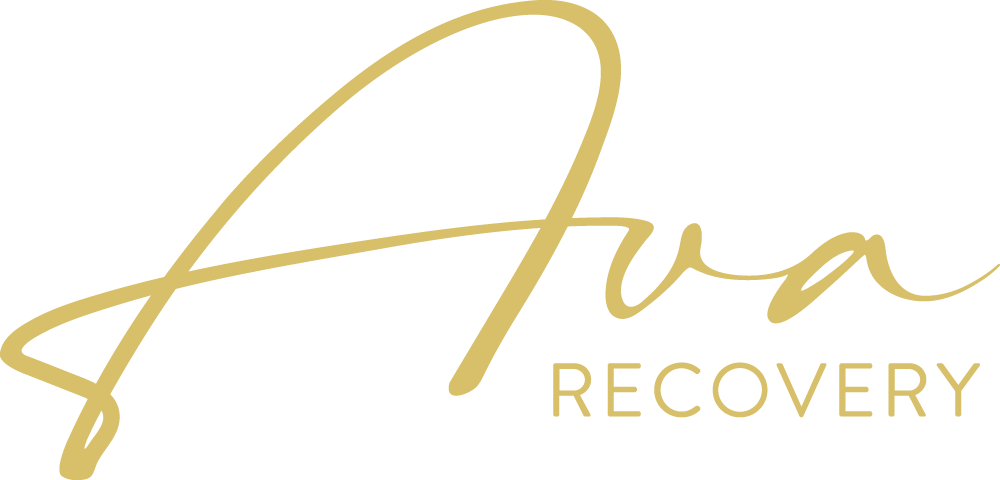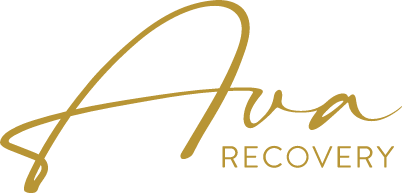Congrats! You’ve achieved an impressive accomplishment, and you’re looking forward to living a sober life! That’s awesome, right?
We understand how you feel on the first day of your new life. There are no limits to the possibilities! But what happens next?
Let’s have a look at the most common things that happen after rehab.
What Happens After Rehab Ends
Working
Creating a solid foundation for your new sober life begins with earning an income. As a recovering addict, this is likely to be a significant concern for you.
For those who have been out of the workforce for some time, finding a job can be overwhelming. Nevertheless, you can find many resources to help you regain your career path.
For instance, the Vocational Rehabilitation program in Pennsylvania. Those who are recovering from addiction and alcoholism can obtain employment assistance through this program.
The greatest advantage of this program and similar ones is that employers are aware of the addict’s condition. Consequently, employees are confident that their reintegration back into the workforce will be supportive and understanding.
Here are a few other great online sources for getting a job after rehab:
- The Department of Labor
- The National Skills Coalition
- The Salvation Army
- National H.I.R.E. Network
- Indeed
Healthy Habits
Your commitment to staying sober does not end after you leave rehab. In order to obtain and maintain a healthy sober lifestyle, recovering addicts need to prioritize healthy sober habits.
These are a few healthy recovery habits you can incorporate to prioritize your recovery:
- Practicing yoga
- Meditating daily
- Working with a sponsor
- Exercising
- Healthy nutrition
Aftercare
Although the most challenging part of recovery may be behind you, a new challenge lies ahead. The best way to maintain your recovery is with the support of your peers and professionals.
Finding relapse prevention programs, also known as aftercare plans, is one of the most effective ways to protect your new-found recovery and stay sober long after rehab.
Relapse prevention programs can help addicts by:
- Using treatment to help individuals recognize the early stages of relapse and treat it before it occurs
- Understanding that each stage of recovery has its own risk of relapse and treating each stage differently
- Using the main tools of relapse prevention which are cognitive therapy and mind-body relaxation
- Teaching them how to be honest and asking for help when needed
There are many forms of relapse prevention programs. Some of them include:
- Support Groups
- Therapy
- 12-step programs
- Rehab aftercare programs
- Sober housing
Relationships
Bringing old baggage into a new life is not a good idea, and that also applies to relationships and friendships in recovery.
It is important for recovering addicts to avoid bad company in order to stay sober. In some cases, that may include friendships with former substance abusers or friends who are not necessarily concerned for your best interests.
The five closest people to us have the greatest influence on us. Addicts are more likely to relapse if they surround themselves with problematic friends who abuse drugs.
Nevertheless, we need a social circle, so how do we build a healthy one?
In recovery, making new friends can be challenging, but they are more common than one might think.
Aftercare programs and 12-step programs provide addicts with a large network of potential sober friends. If you are looking for a new and healthy relationship, this is a great place to begin.
Having Fun
Last, but not least, remember to pat yourself on the back and enjoy this new chapter in your life. Make the most of your newly found sobriety by doing all the things you’ve always wanted to do.
Have a family, get a job, and travel the world. You can now achieve your dreams, so go for it!
Finding Relapse Prevention Programs
Alumni and guests of Ava Recovery can gain the tools needed to maintain their sobriety through a variety of relapse prevention programs.
Get in touch with Ava Recovery today to learn more!








